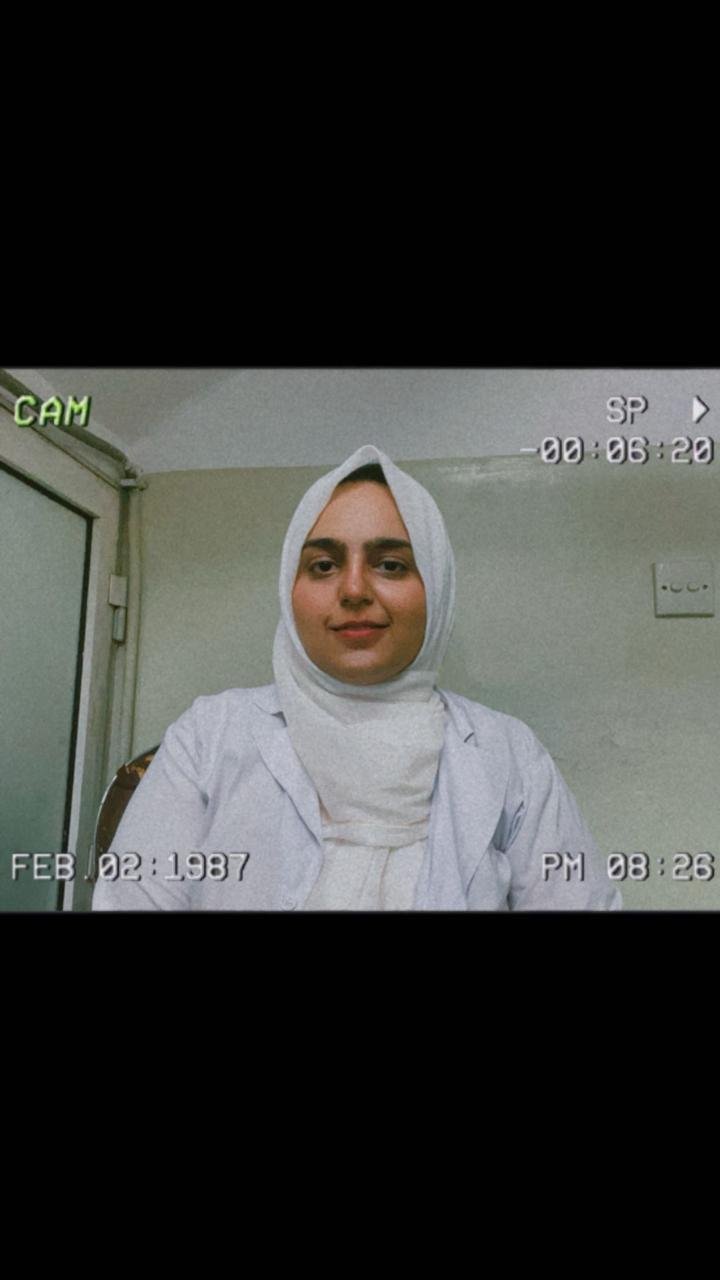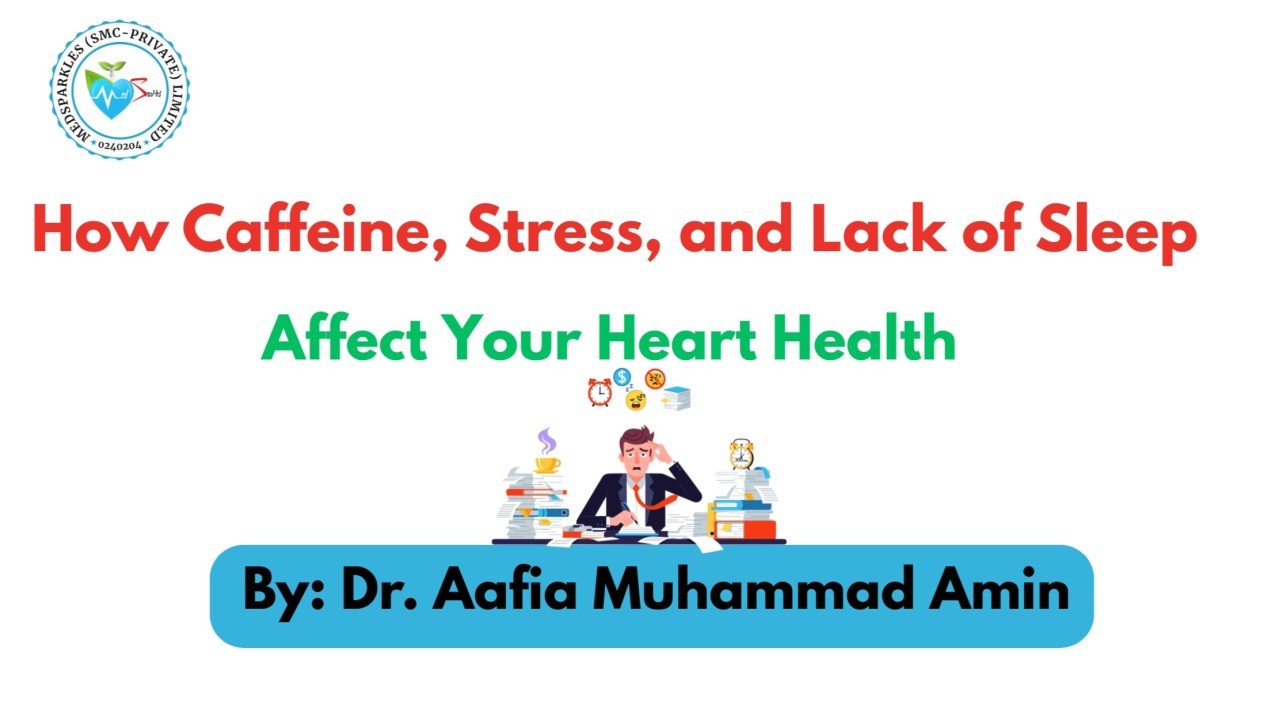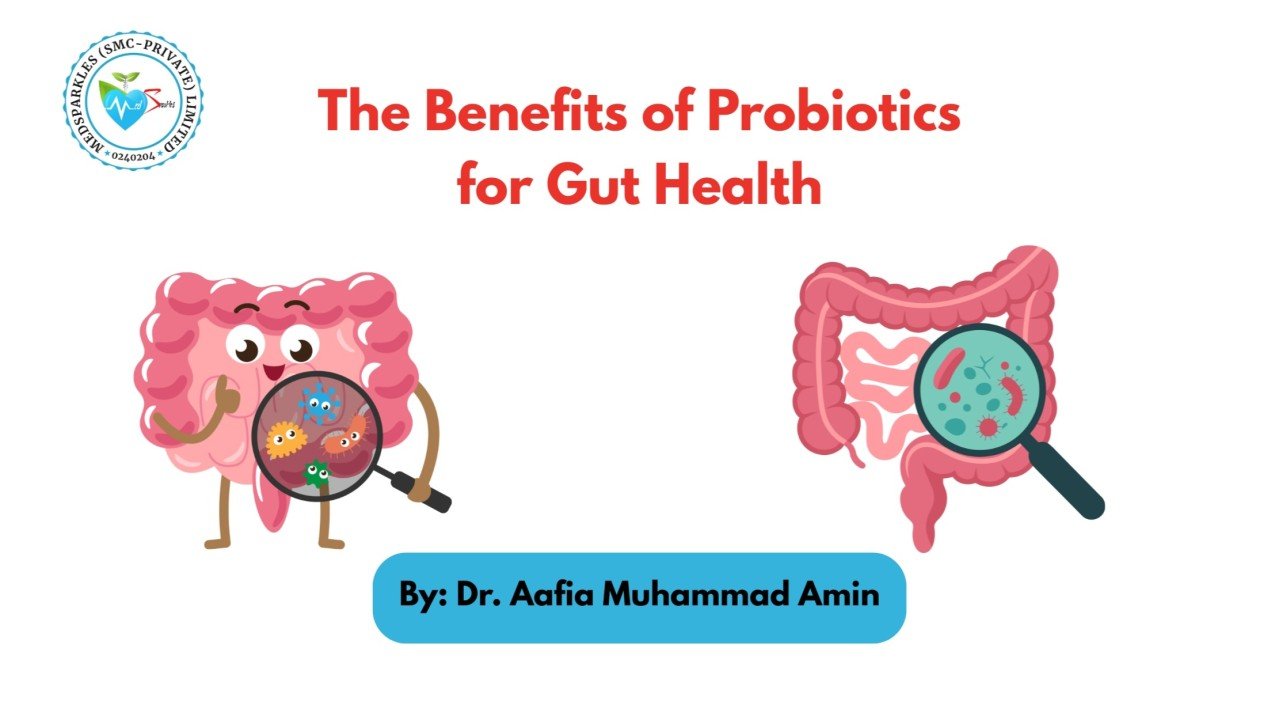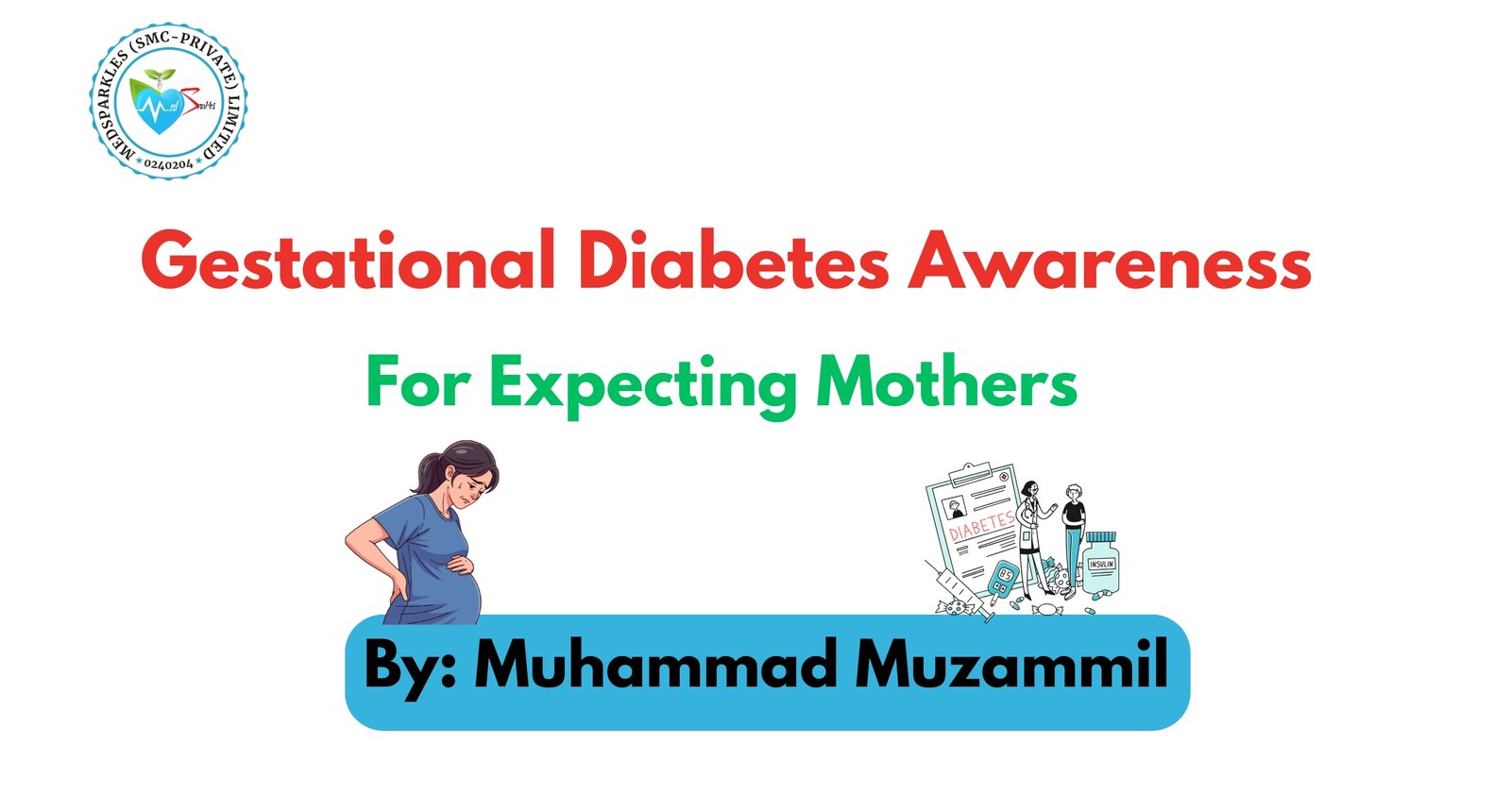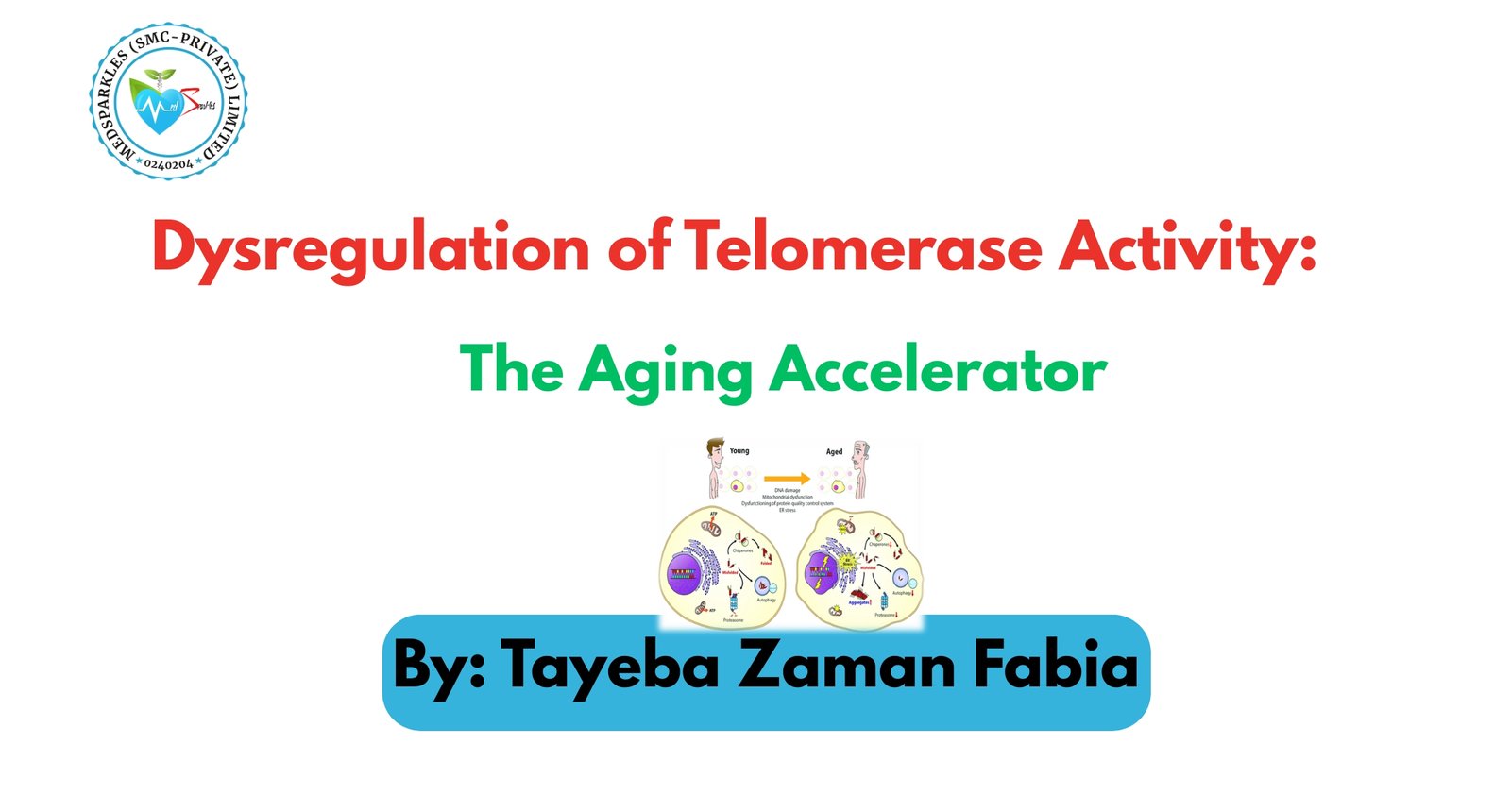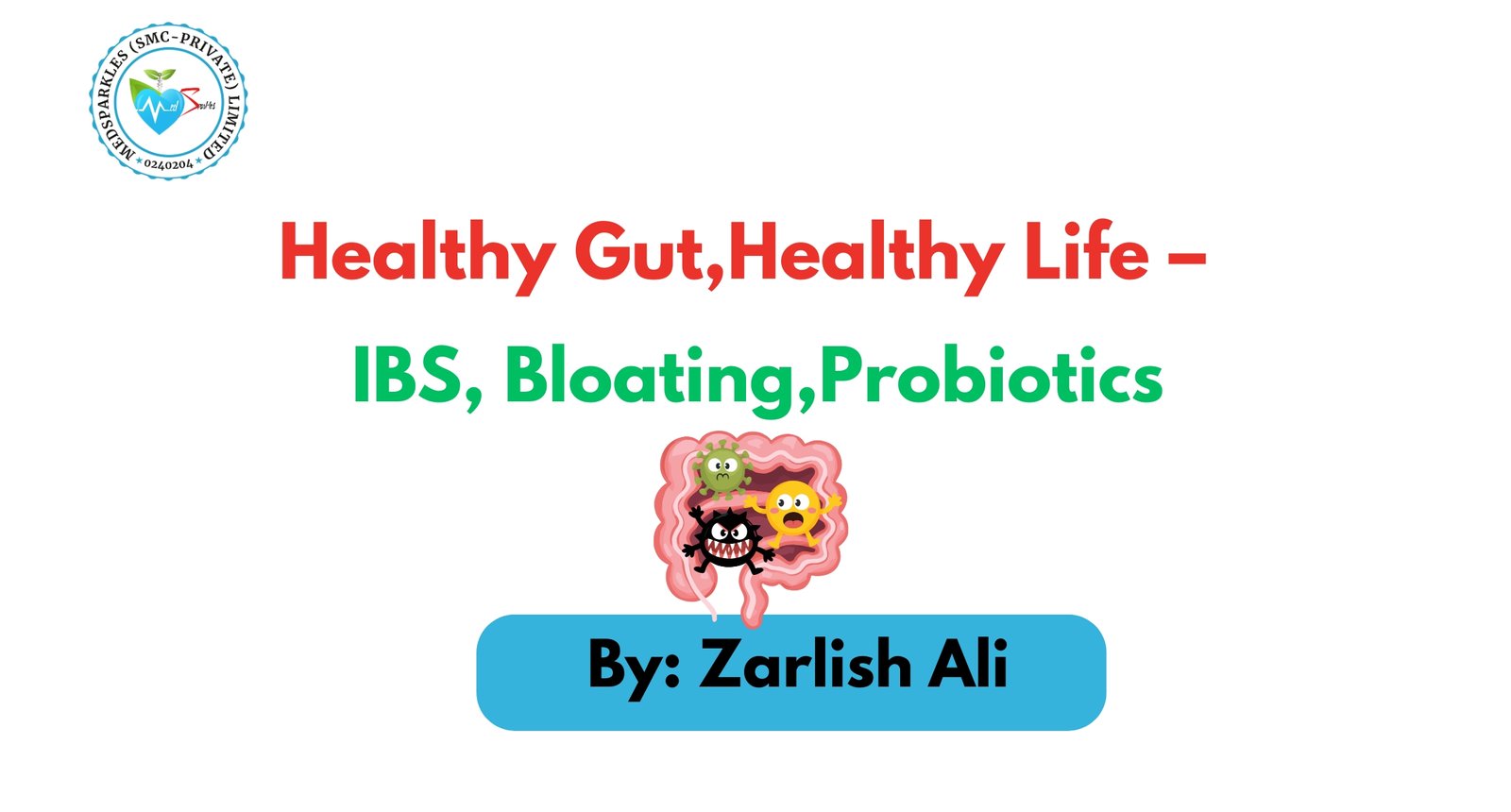Cancer, a term that evokes dread in countless individuals, remains a predominant cause of mortality globally. Annually, millions of people and families are impacted by cancer despite of age, gender, and geographical boundaries.
Cancer is the second leading cause of death globally, accounting for an estimated 9.6 million deaths, or 1 in 6 deaths, in 2018. Lung, prostate, colorectal, stomach and liver cancer are the most common types of cancer in men, while breast, colorectal, lung, cervical and thyroid cancer are the most common among women. (WHO, 2025)
In response to this worldwide health emergency, World Cancer Day is observed each year on February 4th, to raise awareness of cancer and to encourage its prevention, detection, and treatment. World Cancer Day is led by the Union for International Cancer Control (UICC) and was established in 2000 to support the goals of the World Cancer Declaration, written in 2008. The day is observed by the United Nations. It is an initiative to unite the entire world for the same cause and reduce the global cancer burden.
Chart of Cancer Awareness Ribbon Colors

Theme for World Cancer Day 2025 to 2027
The theme for World Cancer Day 2025-2027 is United by Unique, which will explore different dimensions of people-centred cancer care and new ways of making a difference. The three- year journey from raising awareness to taking action aims to create a collective narrative that emphasises the importance of compassionate and personalised care.
The slogan ‘United by Unique’ highlights the fact that people have unique stories, needs, perspectives and situations that need to be taken into consideration when shaping care and health systems, while the community and everyone with an experience of cancer is united in their aim to take action against cancer. (UICC, 2025)
THE NEW WORLD CANCER DAY THEME 2025-2027 “UNITED BY UNIQUE” PLACES PEOPLE AT THE CENTRE OF CARE AND THEIR STORIES AT THE HEART OF THE CONVERSATION
People-centred care accepts everyone for who they are, and it aims to deepen the connection not only between healthcare providers and patients but with whole communities. That’s why World Cancer Day counts on everyone – patients, loved ones, caregivers, friends, neighbours, practitioners, researchers, advocates, allies – to play an important role in the campaign.
Primary Goal of World Cancer Day
- Raising awareness
Reducing the risk of cancer depends on building awareness about it. Cancer is not less known for a lot of people with un-corrected information about it. So it is important to
Debunk myths and fight against misconception related to the disease.
Promote the need for lifestyle modifications, screening and early detection as protective factors against cancer
Provide people the knowledge to take responsibility of own health and good decisions. - Promoting action
Action is what leads to real change. World Cancer Day causes people, organizations and governments to take active measures such as,
Work on community health services and cancer prevention initiatives.
Fundraising and volunteering to support families of cancer patients
Promote workplace wellness programs to encourage healthier behaviors at work. - Prioritizing health
Closing the door on health services, primarily in low and middle income countries
Invest in the infrastructure, human capital and resources for cancer prevention; diagnosis and treatment.
Creating relationships between the public and private sectors that can improve healthcare delivery. - Advocating for change
Some important advocacy initiatives for World Cancer day are as follows:
Push government to shift spending away from reactive treatment, and toward relative investments in cancer research and health equality prevention.
Amplify international commitments to reduce the massive rise in diagnosed cancers.
Advocate for initiatives that enhance the day-to-day quality of life for those with cancer and their care givers.
What is Cancer?
Cancer is a large group of diseases that can start in almost any organ or tissue of the body when abnormal cells grow uncontrollably, go beyond their usual boundaries to invade adjoining parts of the body and/or spread to other organs. The latter process is called metastasizing and is a major cause of death from cancer. A neoplasm and malignant tumors are other common names for cancer. (WHO, 2025)
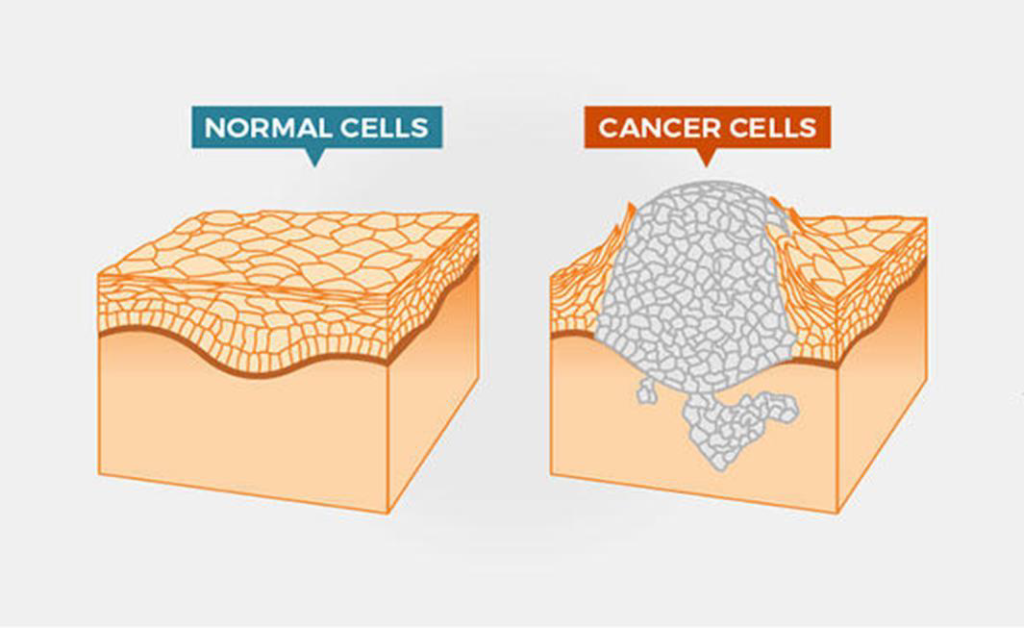
How does Cancer Develop?
Cancer occurs when normal cells continue to multiply and spread in uncontrolled manner. It is a genetic disorder but it doesn’t mean it’s inherited. It happens when genes that manage cell activity mutate. For normal cell growth genes send instructions to start and stop the process but cancer cells ignore them. Genetic changes that cause cancer can happen because of following reasons:
- Errors that occur as cells divide.
- Damage to DNA caused by harmful substances in the environment, such as the chemicals in tobacco smoke and ultraviolet rays from the sun.
- They are inherited from parents.
The body normally eliminates cells with damaged DNA before they turn cancerous. But the body’s ability to do so slows with age.
Everyone’s cancer has a unique combination of genetic changes. As the cancer continues to grow, additional changes will occur. Even within the same tumor, different cells may have different genetic changes.
Cancer cells are tumors. These cells may break away from tumors and travel to other areas of your body through your lymphatic system or bloodstream called metastasis.
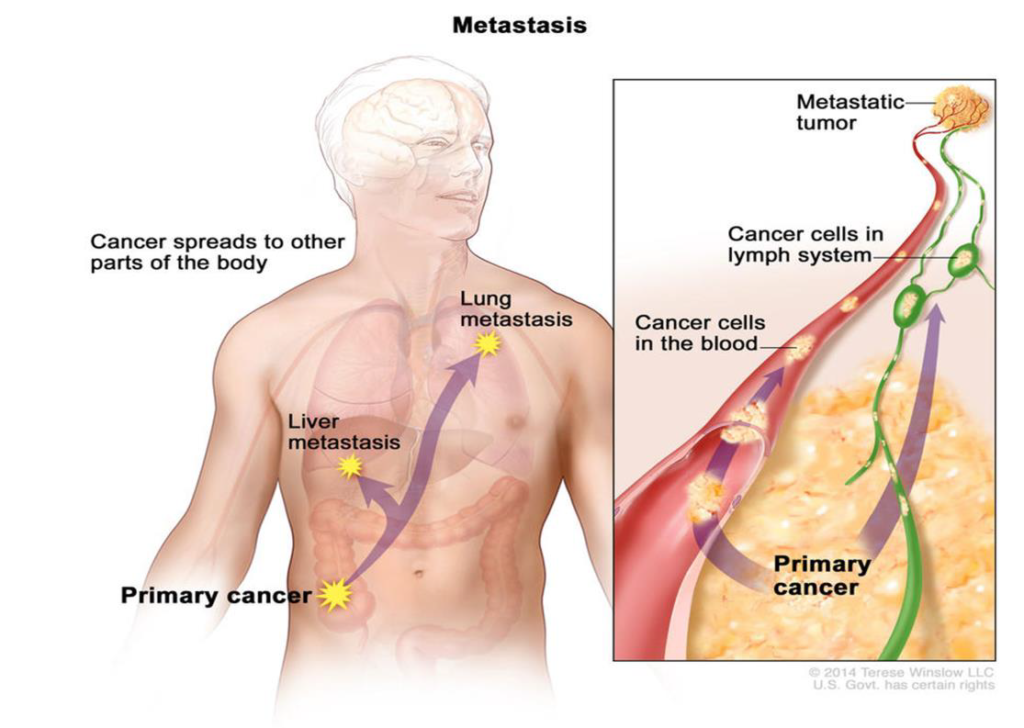
What is the Psychological Impact?
Cancer diagnosis is life-altering, not only for patients but also for the family. The emotional and psychological toll can include anxiety, depression, and fear of uncertainty. The demands of treatment, financial concerns, and the disruption of daily life contribute to significant stress. Physical limitations, changes in appearance, or the stigma associated with cancer can cause patients to withdraw from social interactions. Support systems, including counseling, support groups, and patient advocacy organizations, play a vital role in helping individuals cope.
What are the Risk Factors?
There is not only one cause of cancer. Instead, some things increase the chances of cancer. Some of them are mentioned
- People with close biological family members (parents, siblings or grandparents) having cancer have a risk of developing it more largely.
- Smoking or using vape are 100–1400 times more likely to develop lung, esophageal, pancreatic and oral cancer.
- Asbestos, pesticides and radon are a wide range of toxins in your surroundings that can become carcinogens after sufficient exposure.
- Too much fat or sugar, can be risk factors for many cancer types.
- Not having enough physical activity.
- Certain viruses, such as human papillomavirus (HPV) and hepatitis B and C, are linked to cancer development.
- Taking hormone replacement therapy can lead to breast and uterine cancer.
- Ultra violet radiations significantly raise the risk for developing skin cancer. Over-exposure to radiation therapy is also risky.
What Preventive measures can be taken?
Prevention is a cornerstone in the fight against cancer. Studies suggest that up to 50% of cancers are preventable through lifestyle changes and vaccination. Key preventive measures include:
- Tobacco use is the single most preventable cause of cancer causing about 22% death related to cancer.
- Eat a diet rich in fruits, vegetables and whole grains while moderating red and processed meat consumption.
- Remain at a healthy weight and reduce cancer risk through exercise
- Alcohol is a known carcinogen that can increase risk of many cancers.
- Using sunblock and not using tanning booths will decrease your chance of skin cancer.
- HPV vaccine, hepatitis B vaccines prevent cancers associated infections.
Is treatment possible?
Early detection significantly improves the chances of successful cancer treatment and survival. Regular screenings and awareness of early symptoms are crucial. For example:
- Breast Cancer: mammograms and self-checks for breast cancer
- Cervical Cancer: Pap smears and HPV testing are accurate screening tools.
- Colon Cancer: Colonoscopies and/or stool tests identify early pre-cancers.
- Lung cancer: low-dose CT scans are recommended for those at risk.
Cancer treatment has advanced significantly in recent decades, offering new hope to patients and their families. The conventional treatment modalities are as follow: - Surgery: removal of tumors and surrounding tissues.
- Radiation Therapy: high energy radiations are used to kill the cancer cells
- Chemotherapy: use of drugs to destroy or slow the growth of cancer cells.
- Immunotherapy: stimulates immune system to recognize and attack cancer cells.
- Target Therapy: targets specific molecules central to cancer growth.
- Hormonal therapy: for cancers responsive to hormones such as breast or prostate cancer.
Conclusion
World Cancer Day is more than just a day, it is a global movement to inspire change and save lives. Small changes in lifestyle and a few precautions can make significant difference. It should be considered that our collective efforts, big or small, can contribute in the fight against cancer.
FAQ’s
- What can cause cancer?
Cancer can be due to genetic mutation caused by environmental factors, family history, lifestyle factors, exposure to viruses etc. - Is cancer hereditary?
Some cancers can be inherited, but most result from environmental or lifestyle factors. Family history can increase risk. - What are common cancer symptoms?
Cancer symptoms vary for different types including unexplained weight loss, fatigue, pain, skin changes or lumps. - Can cancer be cured?
Cancers can be treated or managed effectively, and some can be cured, especially if caught early but some types remain difficult to cure. - What treatments are available for cancer?
Treatments include surgery, chemotherapy, radiation therapy, immunotherapy, and targeted therapies, depending on the type and stage.
References
UICC. (2025, January). Retrieved January 15, 2025, from UICC: https://www.uicc.org/what-we-do/events/world-cancer-day
WHO. (2025). WORLD HEALTH ORGANIZATION. Retrieved january 2025, from WHO: https://www.who.int/health-topics/cancer#tab=tab_1
